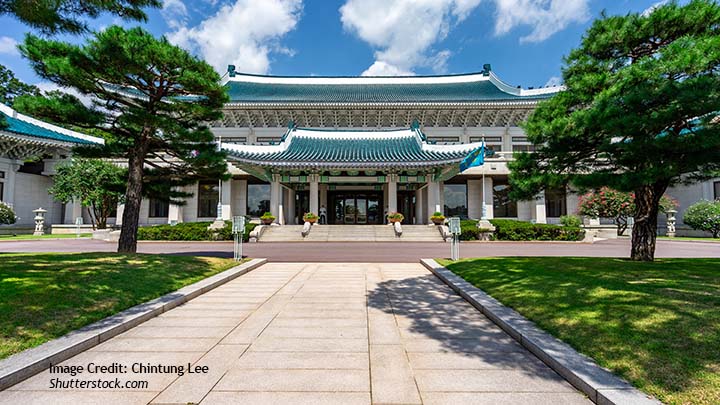Yoon’s Plan to Ditch Strategic Ambiguity Will Test US-ROK Alliance, DPRK Policy

Jagannath Panda
Introduction:
While Yoon has questioned the Moon administration’s policy of strategic ambiguity with regard to the U.S.-China rivalry, the new South Korean President will likely find it difficult to abandon it entirely due to South Korea’s considerable economic ties with China. Knotty foreign policy challenges such as these in the Indo-Pacific will thoroughly test Yoon’s mettle, with the U.S-ROK alliance set to face a reckoning soon after his inauguration in May.




